Emotional Symptoms of Menopause: Reshaping Your Brain for a Happier Menopause Transition
Introduction:
Are you currently facing emotional challenges during menopause that seem disconnected from hormonal imbalances? While menopause is often associated with well-known symptoms like night sweats, hot flushes, and weight gain, it’s essential to recognise that it also has a significant impact on the chemistry of the brain. Understanding the relationship between menopause, hormonal changes, and emotional well-being is crucial for women seeking to navigate this transformative phase successfully. In this comprehensive blog post, we will delve into the fascinating world of menopause, explore the psychological consequences of hormonal changes, and discover effective strategies for reshaping the brain to manage emotions effectively.
The Menopausal Brain: Unveiling the Connection:
This is because menopause also affects the chemical in your brain. Menopause brings about various hormonal shifts in a woman’s body, including a decline in estrogen levels. These hormonal fluctuations have far-reaching effects, not only on the physical aspects of menopause but also on the brain. Emerging research, led by experts like by Dr. Lisa Mosconi, associate professor of neuroscience and director of the Women’s Brain Initiative at Weill Cornell Medicine, has shed light on the intricate relationship between menopause and brain health. Studies have revealed that as estrogen levels decrease, the brain undergoes structural changes, affecting the number of neurons, their interactions, glucose metabolism, and gene expression patterns.
Understanding the Psychological Symptoms of Menopause:
One of the significant psychological consequences of these brain changes is the brain’s impaired ability to manage emotions effectively. Normally, our emotions are triggered by specific events or stimuli, and we respond with appropriate emotional reactions. However, during menopause, women may experience random emotions that are not linked to any specific triggers in the traditional sense. This can lead to struggles with anxiety, low mood, depression, or a general feeling of emotional flatness.
All emotions are inherent natural responses that arise within us as reactions to the environment. These emotions are not novel or derived from an external sources. They only become problematic when they persist and remain uncontrollable. For instance, if you experience anxiety in a natural setting, such as when quickly evading a moving vehicle, the anxiety acts as a fight or flight reaction, releasing adrenaline into your body and enhancing your focus, thereby potentially saving your life. The same principle applies to other emotions we experience. However, when these emotions, which are naturally meant to be short-lived episodes, persist over an extended duration, they profoundly influence our brain. They become integrated into our brain structures, effectively becoming an inseparable part of us, a habit.
How Menopause Restructure your Brain Restructuring and Effects your Emotions:
Why do these emotional challenges persist, even when hormone levels are optimised through hormone replacement therapy (HRT)? The answer lies in the brain’s structural changes during menopause. The prolonged and uncontrolled emotional state experienced during this phase can lead to the embedding of these emotions within the brain’s structures. This is then a habit. Consequently, even if we initiate hormone replacement therapy (HRT) and achieve optimal hormonal levels, many women still encounter difficulties with these emotions. This is because these emotions have become an integral part of our being, making it difficult to simply restore emotional balance through hormonal interventions.
The Brain’s Resilience and Adaptability During Perimenopause and Menopause:
The good news is that the brain possesses a remarkable ability to find a new equilibrium after menopause. Dr. Lisa Mosconi states, “Menopause is a normal physiological event. Our study suggests that the brain has the ability to find a new ‘normal’ after menopause, at least in most women.” The brain adapts to the changes by developing compensatory mechanisms, allowing it to function optimally even with slower processing times. However, this adaptation may also involve operating in a heightened emotional state, which becomes the new normal. Consider this scenario: Have you ever come across women who, as they age, choose to refrain from driving, not because they lack the skills, but due to a deep-rooted aversion that has gradually become their new norm? On the other hand, there are those who exhibit intense bouts of anger or, as we affectionately call it, become “cranky.” Although we might view the cranky old woman as a customary stereotype, you’ll find that many of these women were never characterised by such behaviour in their earlier years.
Reshaping the Brain: Reclaiming control after Perimenopause and Menopause:
Fortunately, the brain is not a fixed entity. It retains its plasticity and can be reshaped and rewired even during menopause. By actively engaging in techniques that promote neuroplasticity, women can unlearn negative emotional patterns and restore their brain’s natural state. Interestingly, this process doesn’t necessarily require completion of the menopause transition; it can be initiated at any time. In fact, starting early offers the advantage of minimizing emotional struggles and enhancing the overall positive menopause experience.
A Solution to Menopause Emotional Challenges: Integrated Therapy :
While some individuals may opt for antidepressant medications, it is essential to consider potential side effects and their impact on brain chemistry. The safest and most effective approach, backed by scientific research and supported by esteemed organisations such as the British Menopause Society and the North American Menopause Society, and quoted in Breast Cancer Organisation, is therapy. Integrated therapy, combining principles from cognitive behavioural therapy, hypnotherapy, and neuro-linguistic programming, has shown promise in effectively managing emotional issues during menopause.
Alternative Solution for Menopause: A Natural Solution to Menopause Emotional Challenges
As a menopause coach, I have witnessed the transformative power of integrated therapy in helping women regain control over their emotions and rediscover joy and fulfilment in their life. Thereby improving their quality of life. Many clients who have previously found talk therapy alone to be insufficient have reported significant progress when engaging in integrated therapy. At Tr Transformation, we employ a holistic approach, incorporating the best principles from cognitive behavioural therapy, hypnotherapy, and neuro-linguistic programming to naturally and rapidly reshape the brain, manage negative emotions, and achieve the desired state of mind.
Conclusion:
Menopause is an incredibly transformative phase that affects both the body and the brain. By understanding the intricate relationship between hormonal changes and emotional well-being, women can navigate menopause with greater confidence and ease. Reshaping the brain is a powerful strategy for regaining control over emotions and achieving a happier and more fulfilling menopause transition. Integrated therapy, with its evidence-based approach, offers a safe and effective solution for managing emotional challenges during this phase. Embrace the transformative potential of integrated therapy and take charge of your emotional well-being today. If you are struggling with the emotional challenges of menopause or want more information about our services and how we can support you on this journey, please visit our website.
Blog written by Trish Rimmer, Menopause Specialist and Emotional Wellbeing Coach

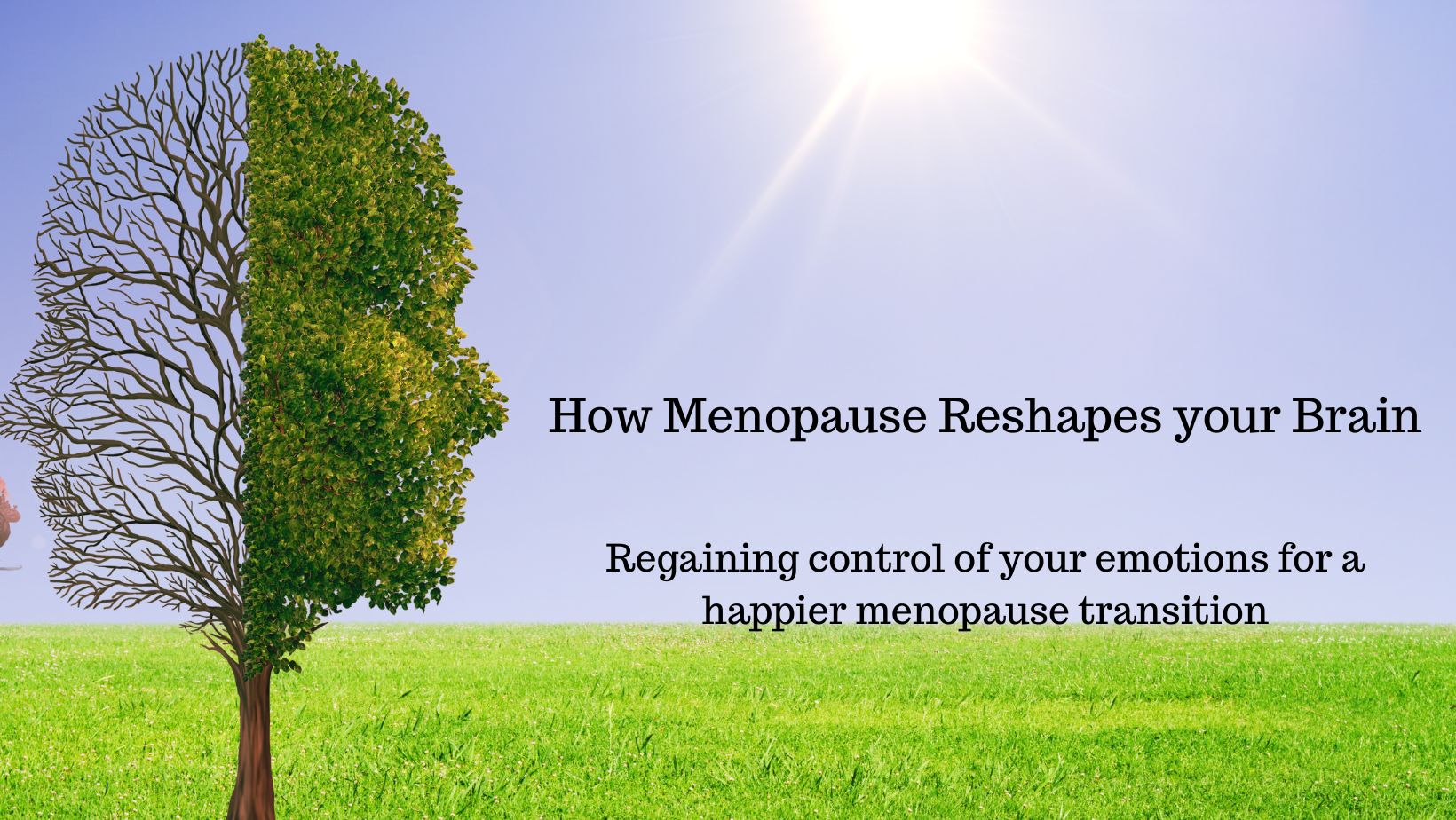
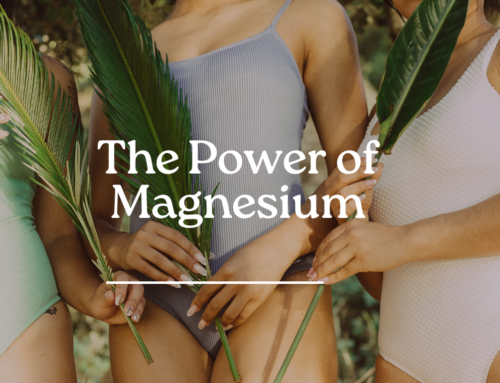
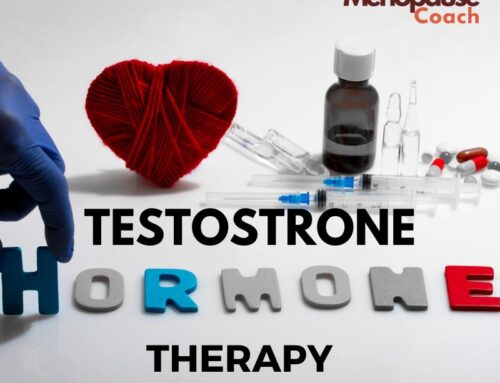
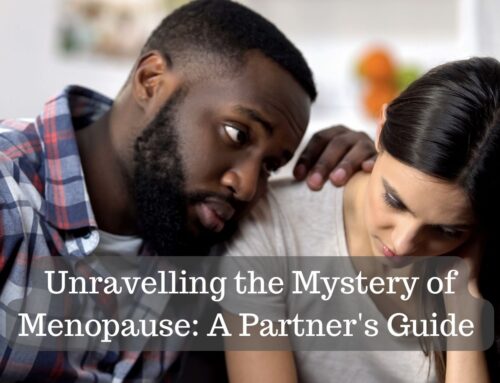
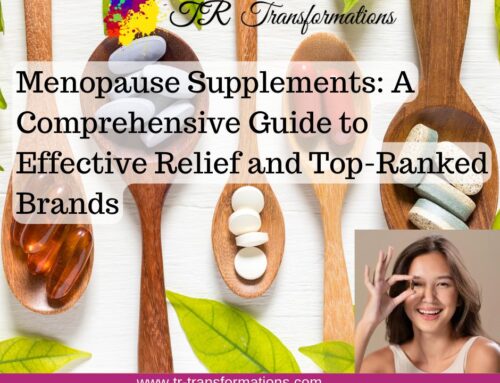

Leave A Comment